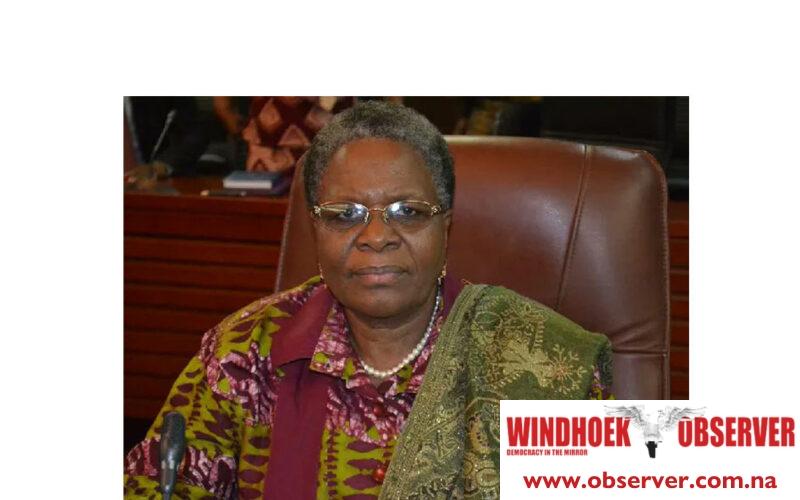Niël Terblanché
The 19th Non-Aligned Movement (NAM) Summit in Kampala has paved the way for stronger ties and increased economic cooperation between Namibia and Uganda, setting a positive trajectory for the future of both nations and the broader Non-Aligned Movement.
Netumbo Nandi-Ndaitwah, Namibia’s Deputy Prime Minister and Minister of International Relations and Cooperation led a delegation to attend the summit in Kampala, Uganda.
The summit, held under the theme “Deepening Cooperation for Global Affluence,” concluded today after a week of discussions and deliberations among member nations.
The primary focus of the summit was to foster cooperation among member nations, addressing global challenges, economic development, and the impacts of the ongoing COVID-19 pandemic.
The gathering serves as a crucial platform for advancing the interests of developing countries and promoting dialogue aimed at enhancing collaborative efforts for mutual benefit and global prosperity.
One of the key themes highlighted during the summit was “Leaving No One Behind,” emphasizing the importance of inclusive development and cooperation among developing countries.
This sentiment was echoed by Nandi-Ndaitwah, who stressed the need for stronger ties and aligned strategies on key global issues among member states.
The summit attracted participation from nations across the world.
Nandi-Ndaitwah lauded the existing strong bilateral relations between Uganda and Namibia.
She expressed a keen interest in further strengthening commercial diplomacy between the two nations.
The Namibian Deputy Prime Minister met with Ugandan President Yoweri Museveni and delivered a special message from President Hage Geingob.
The discussions between the leaders focused on exploring and enhancing bilateral and diplomatic relations between Namibia and Uganda. The leaders accentuated the importance of cooperation between nations for mutual prosperity and progress.
Nandi-Ndaitwah discussed growing commercial ties and highlighted upcoming business collaborations between the two countries.
She specifically mentioned opportunities in various sectors, including agriculture, minerals, green hydrogen, fishing, and tourism in Namibia.
The Namibian delegation played a significant role at the summit, reiterating the need for strengthening commercial diplomacy and economic cooperation with Uganda and other member states.
They also discussed opportunities in key sectors of the Namibian economy and emphasized the significance of the African Continental Free Trade Agreement.
Namibia’s active participation highlighted the importance of fostering strong bilateral relations and economic partnerships among developing countries.




